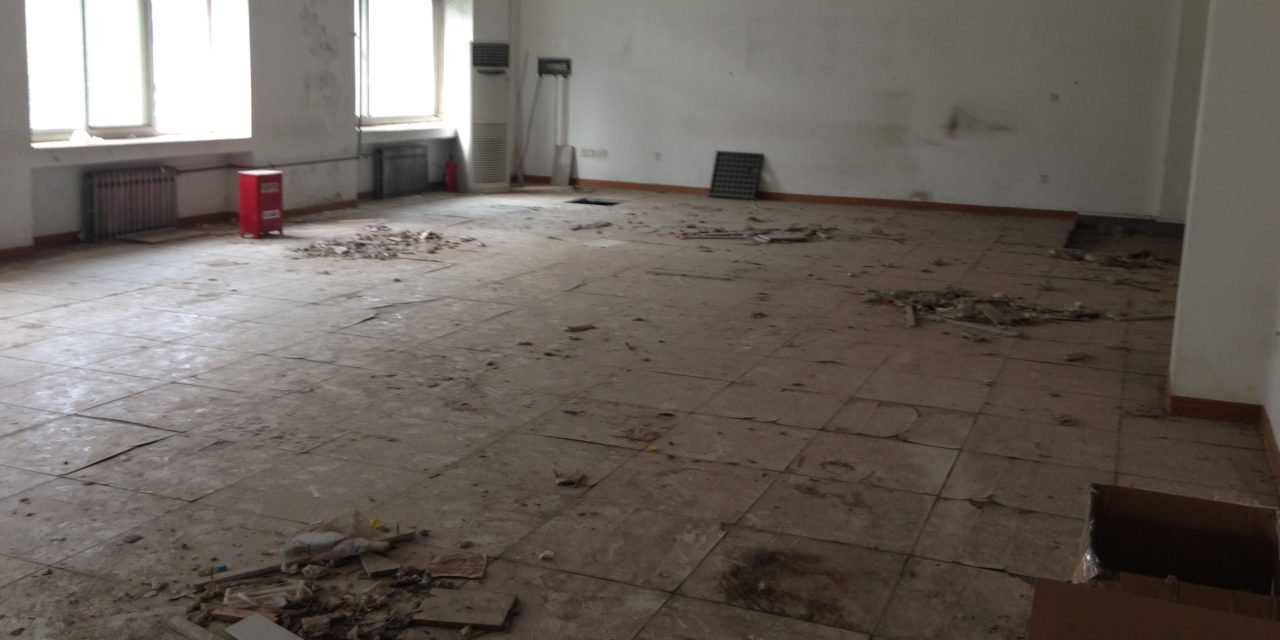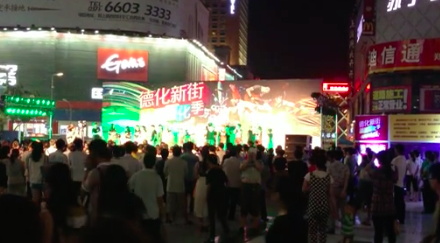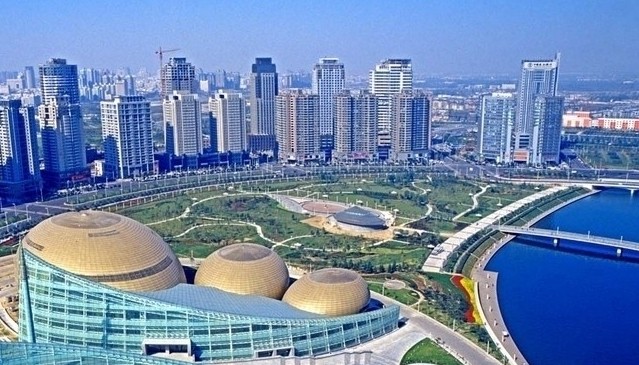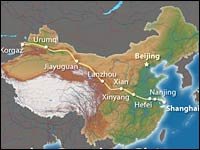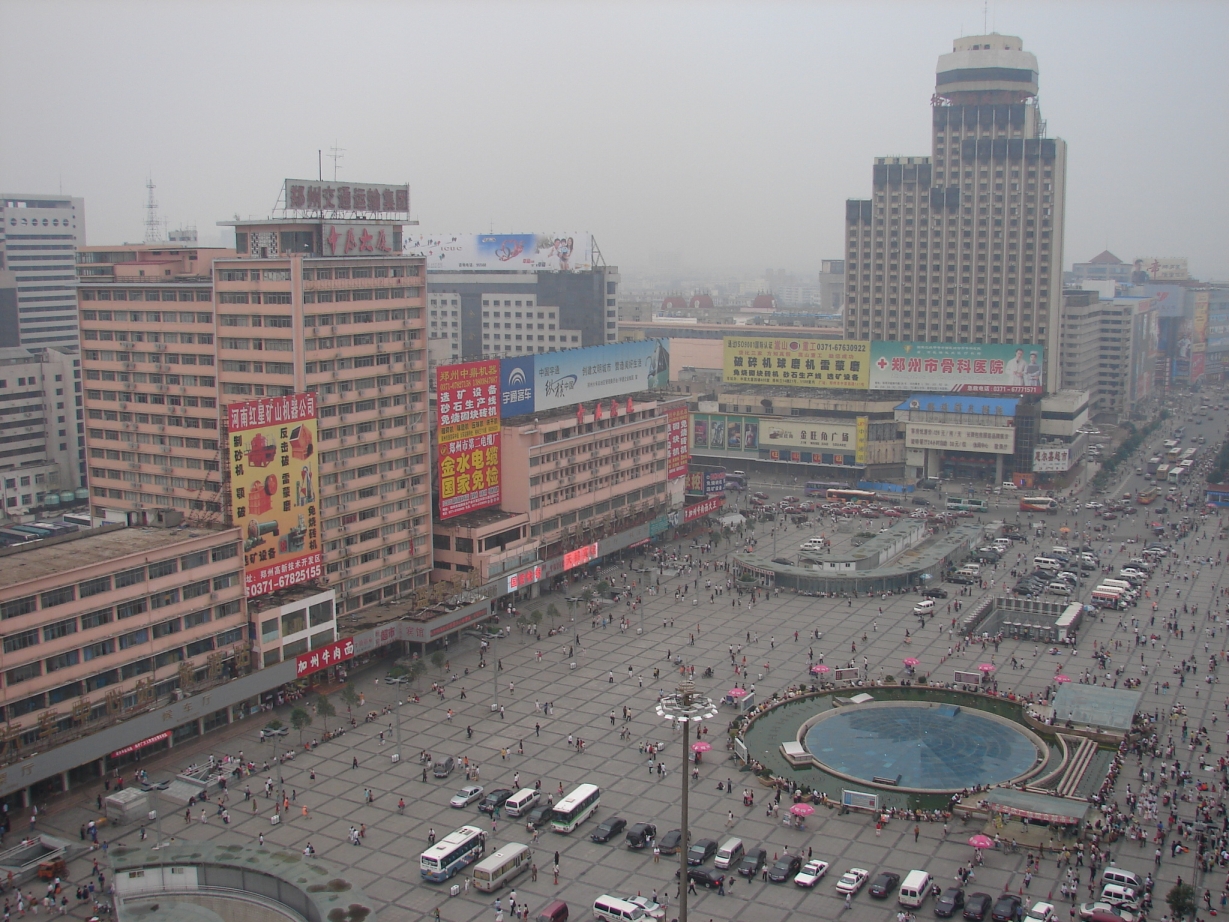China builds things quickly, but not well.
That’s the way a longtime China observer summed up the country’s construction philosophy to me. From what I’ve seen so far, it’s true.
At our university’s “new’’ campus, which is only 10 years old, the walls are peeling and covered with scuffmarks. Electrical outlets don’t work, some unfinished rooms are filled with garbage and dust, and the elevators are filthy and slow. If I didn’t already know, I’d guess the place was at least 50 years old.
Appliances rarely work as advertised. My colleague Jennifer flooded her apartment the first time she used her washing machine because the hose wasn’t properly attached. My washing machine flooded because a rubber plug in the back was loose.
The U.S. has many problems, but we’re very efficient compared with the rest of the world. Now, if we could only go a few months without bombing a Middle East country.
***
I asked my students to write a short essay on a person who has made a major impact on the world, or their personal life. Most of them chose a parent or grandparent, but others picked famous people such as Chairman Mao, President Obama, Albert Einstein, Mother Teresa and Confucius. Also on the list were Kobe Bryant, Justin Bieber and Nicolas Cage. What, no Lady Gaga or Miley Cyrus?
***
A recent article in China Daily, the country’s largest English-language newspaper, cited record real-estate prices paid by developers in Beijing and Shanghai. China is in the midst of the biggest building boom in history, but there is concern about a possible housing and commercial development bubble. Authorities just passed home-buying restrictions in Zhengzhou, barring people who have lived in the city for less than three years from buying second homes. The measure also prohibits residents under the age of 20 from buying property.
Clearly, officials are worried that rampant real-estate speculation could lead to an economic crash. While China sometimes imitates the U.S., this is one case where it would rather not.
***
The first stage of Zhengzhou’s new subway system is supposed to open later this year. More specifics are hard to come by.
I’ve heard that the first line will open next month. I’ve also heard that it will open in November or December. Some people say it will open on a trial basis, with limited ridership. Others say it will open more widely.
The first line will run from east to west, starting near my university in the northwest corner of the city and ending up near the new high-speed train station on the eastern edge of Zhengzhou. It will be great for people like me who live near the university because traveling crosstown by bus or taxi in the city’s logjammed traffic is a marathon affair.
Nobody seems to know if the university station will be open right away. Some say yes and some say no. Getting information about government projects in China isn’t easy. Officials tell the public only what they want them to know, and nothing more. There’s no Freedom of Information Act, and no aggressive press to dig for facts. If Russia kicks Edward Snowden out, I’d advise him to seek asylum somewhere other than China.
***
School snobbery isn’t just an American phenomenon.
Just down the road from Henan University of Technology is Zhengzhou University, a bigger, more prestigious school. Most of the leaders in Henan Province went to Zhengzhou University, and they form a local version of the good old boy network.
“They are friends and they help each other,’’ a Henan University teacher who graduated from Zhengzhou University told me. “They think they are better because they went to Zhengzhou.’’
Zhengzhou U., the Harvard of Henan Province.
